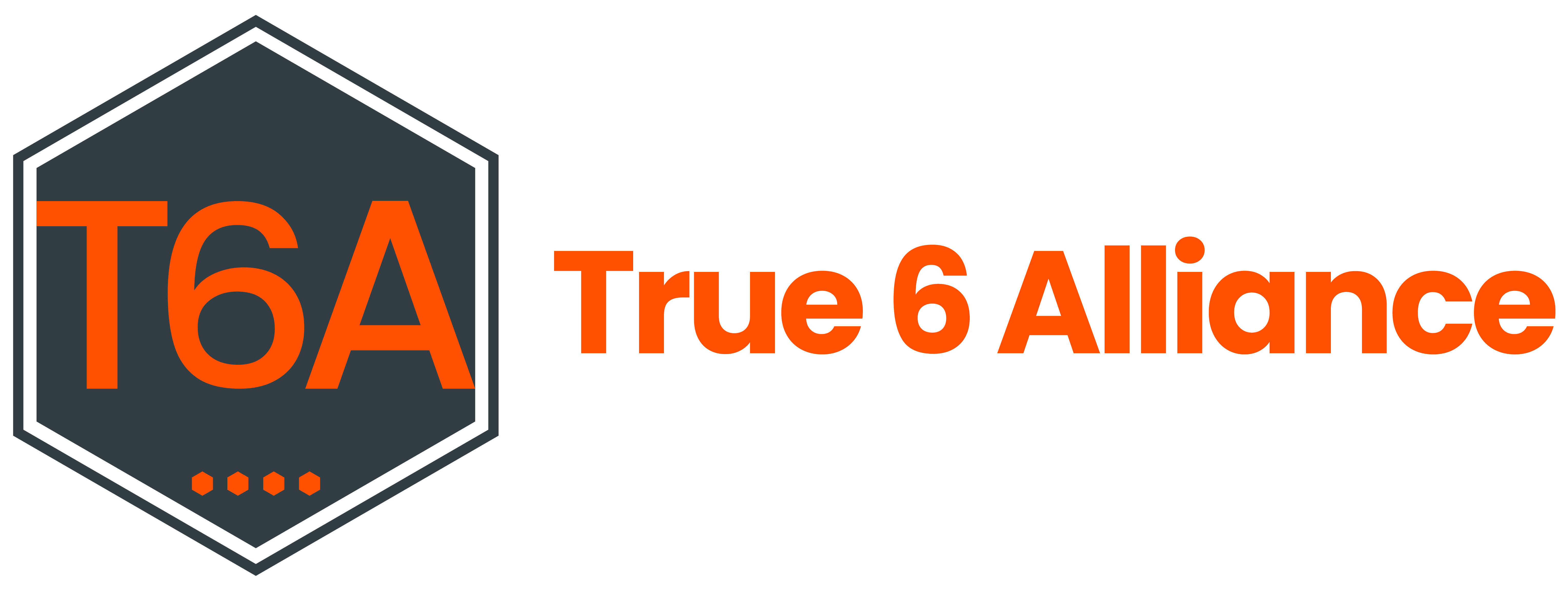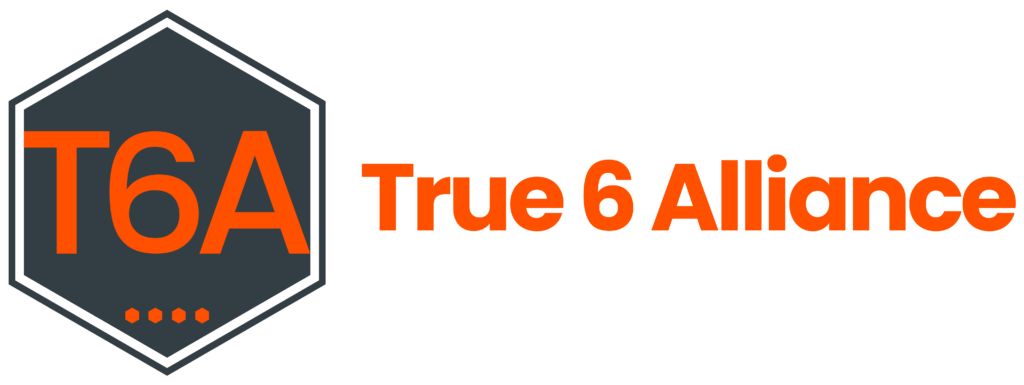Business challenges modern companies face are increasingly complex, impacting their growth and sustainability. From managing evolving customer expectations to maintaining effective communication within the organization, companies must adapt quickly to remain competitive.
With the right strategies and a focus on business process improvement, these challenges can be turned into opportunities.
In this article, we will explore some of the most pressing challenges faced by modern businesses and provide insights on how companies can overcome them through strategic consulting, enhanced communication, and optimized processes.
1. Evolving Customer Expectations
Challenge:
Customer expectations are higher than ever before. In the age of instant gratification, businesses must deliver exceptional service, personalized experiences, and fast responses to remain competitive. Consumers expect brands to be easily accessible and responsive across various channels, and any delay or lapse in service can lead to lost business.
Solution:
To meet evolving customer demands, companies must implement robust customer engagement strategies that focus on personalization. This can include targeted outreach campaigns, loyalty programs, and responsive customer service.
Leveraging data analytics and customer feedback can help businesses better understand their audience, allowing them to adjust their products or services accordingly.
Key Strategies:
- Implement customer relationship management (CRM) tools to personalize interactions.
- Use customer feedback to drive continuous improvements.
- Adopt an omnichannel approach to ensure seamless communication.
2. Workplace Communication Issues
Challenge:
Workplace communication issues are common in modern companies. Effective communication is a cornerstone of any successful organization. However, as businesses grow and teams become more dispersed, workplace communication can often break down. This can lead to misunderstandings, missed opportunities, and low employee morale.
Solution:
Improving internal communication is crucial for fostering collaboration and productivity. Companies can invest in modern communication tools, such as project management software or team messaging apps, that streamline interactions and keep everyone on the same page.
Regular team meetings, clear communication channels, and feedback loops are essential for keeping teams aligned with organizational goals.
Key Strategies:
- Encourage open communication and regular check-ins.
- Leverage digital tools for collaboration and document sharing.
- Promote a culture of transparency and feedback.
3. Talent Acquisition and Retention
Challenge:
Attracting and retaining top talent is another significant challenge faced by modern businesses. With the increasing demand for skilled professionals, companies need to offer more than just competitive salaries. Employees now seek a sense of purpose, work-life balance, and opportunities for growth and development.
Solution:
Companies must focus on creating a positive and supportive work culture that prioritizes employee well-being. This includes offering development opportunities, flexible working arrangements, and recognition programs. Businesses should also ensure their recruitment process is transparent, inclusive, and aligned with the values of potential employees.
Key Strategies:
- Implement leadership training and professional development programs.
- Offer competitive benefits and flexible work options.
- Foster an inclusive, supportive workplace culture that values diversity.
4. Adapting to Technological Advancements
Challenge:
Technology is advancing rapidly, and businesses must keep pace with innovation to stay competitive. Companies often struggle with integrating new technologies into their operations, leading to inefficiencies or missed opportunities. This is particularly challenging for businesses that have operated traditionally and are now transitioning to digital models.
Solution:
To overcome this challenge, businesses should invest in continuous training and upskilling of their employees, focusing on technology adoption and digital tools.
They should also seek strategic consulting to identify the most effective technologies for their industry and streamline operations. Adopting a phased approach to technology integration can also minimize disruption and maximize value.
Key Strategies:
- Invest in employee training on new technologies and tools.
- Work with consultants to identify the right technology for your business.
- Gradually implement technological changes to reduce risk and disruption.
5. Economic Uncertainty and Market Fluctuations
Challenge:
Economic uncertainty, such as market fluctuations, inflation, and unpredictable economic conditions, can impact business operations. Companies often find it difficult to forecast their growth and plan for the future when they are facing financial instability or external shocks.
Solution:
Building flexibility into business strategies and focusing on long-term sustainability can help companies navigate economic uncertainty.
Diversifying revenue streams, reducing operational costs, and focusing on market research are critical strategies for maintaining stability. In addition, working with strategic consultants can provide insights into navigating these challenges effectively.
Key Strategies:
- Diversify your product or service offerings to mitigate risk.
- Implement cost-control measures to maintain financial flexibility.
- Work with consultants to stay informed about market trends.
6. Business Process Improvement
Challenge:
Inefficient business processes can be a major roadblock to growth. Businesses often face challenges in scaling operations, optimizing workflows, and maintaining consistency across departments. This can result in wasted time, resources, and missed opportunities for improvement.
Solution:
To address these inefficiencies, companies should invest in business process improvement initiatives. This involves assessing current workflows, identifying bottlenecks, and implementing more streamlined and effective processes. Lean methodologies, automation tools, and cross-departmental collaboration can help improve efficiency and reduce operational costs.
Key Strategies:
- Conduct a process audit to identify inefficiencies.
- Implement lean methodologies to eliminate waste and improve workflow.
- Invest in automation tools to streamline repetitive tasks.
7. Managing Data Security and Privacy
Challenge:
Data security and privacy concerns are becoming increasingly important, especially as businesses collect and store more customer data. With the rise of cyberattacks and data breaches, businesses must ensure they have robust systems in place to protect sensitive information.
Solution:
To mitigate data security risks, businesses must adopt stringent security protocols, including encryption, access control, and regular system audits. Ensuring compliance with data protection laws, such as GDPR, is also critical. Partnering with cybersecurity experts can help businesses stay ahead of potential threats and secure customer trust.
Key Strategies:
- Implement strict data security measures, including encryption and firewalls.
- Regularly update and audit security systems to address vulnerabilities.
- Educate employees on best practices for data protection and privacy.
8. Adapting to Changing Consumer Behavior
Challenge:
Consumer behavior is constantly evolving, driven by technological advancements, shifting societal values, and new expectations for product and service delivery. Businesses must stay agile to meet these changing demands, particularly in industries where customer preferences dictate success.
Solution:
To effectively adapt to changing consumer behavior, companies should continuously monitor trends, engage with customers through surveys and feedback, and remain flexible in their offerings. Implementing data-driven decision-making processes allows businesses to anticipate shifts in behavior and adjust marketing, products, and services accordingly. By staying connected to customer needs, companies can stay ahead of the competition and build lasting loyalty.
Key Strategies:
- Use analytics tools to monitor consumer trends and predict shifts in behavior.
- Solicit customer feedback regularly to understand preferences and improve offerings.
- Adjust marketing and product strategies in real-time based on consumer insights.
By staying adaptable and proactive, companies can not only respond to but also anticipate changes in consumer behavior, ultimately fostering stronger customer relationships and staying competitive in an evolving market.
Overcome Business Challenges With Help From Professionals
The business challenges modern companies face are numerous, but they are not insurmountable. By focusing on strategic consulting, improving workplace communication, and investing in technology, businesses can turn these challenges into opportunities for growth.
Through tailored strategies and expert guidance, businesses can navigate the complexities of today’s market and emerge stronger than ever. The right approach to business challenges will not only lead to short-term success but will also lay the foundation for long-term growth and sustainability.
If your business is ready to overcome its challenges and thrive in today’s market, contact True 6 Alliance today. Our expert consultants can help you create customized strategies that align with your goals and drive success. Let us guide you on the path to lasting business growth!


